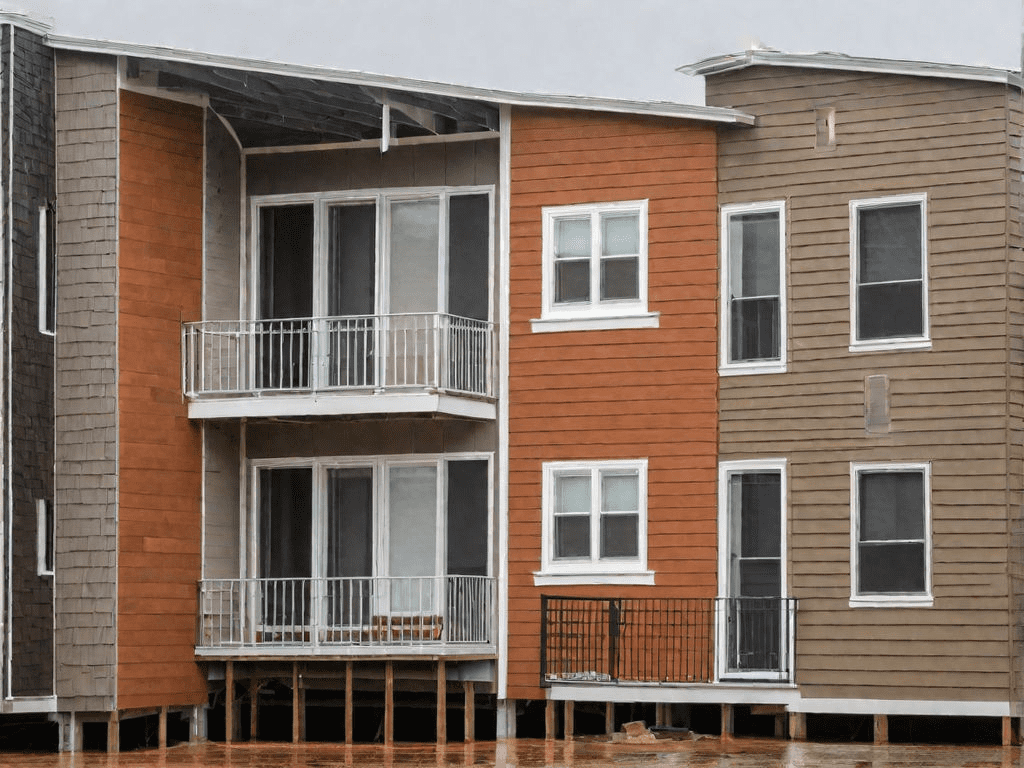Renters insurance is a critical, yet often overlooked, component of financial planning for those leasing their living spaces. While landlords typically have insurance that covers the physical building, renters insurance is designed to protect the tenant’s belongings and provide liability coverage. Despite its importance, many renters skip purchasing insurance, either because they’re unaware of its benefits or they mistakenly believe it’s too expensive. This article explores what renters insurance covers, why it’s necessary even if not required by your landlord, and how it can ultimately save money in the long run.
What Does Renters Insurance Cover?
Renters insurance offers three main types of coverage:
- Personal Property Coverage: This protects your personal belongings—clothes, furniture, electronics, and other possessions—against theft, fire, vandalism, and a host of other perils. If your items are damaged or stolen, the insurance company will pay to replace them, subject to your policy’s limit and deductible.
- Liability Coverage: If someone is injured in your rented space, or you accidentally cause injury to someone or damage their property, liability coverage can protect you from legal and medical expenses that may arise.
- Additional Living Expenses (ALE): If your rental unit becomes uninhabitable due to a covered peril, such as a fire, ALE coverage helps pay for temporary living costs, like hotel bills and increased food expenses, while your rental is being repaired.
Why is Renters Insurance Necessary?
Even if your landlord doesn’t require renters insurance, there are several compelling reasons to have it:
- Protection of Personal Belongings: The value of your personal possessions can quickly add up. Renters insurance ensures you can replace them without paying out of pocket in the event of theft, fire, or other disasters.
- Liability Protection: In our litigious society, liability coverage is invaluable. It can cover legal and medical bills if someone sues you for injuries sustained in your rental or if you accidentally cause significant damage to others’ property.
- Affordability: Renters insurance is relatively inexpensive, with average costs ranging from $15 to $30 per month, depending on the coverage limits and your location. The peace of mind and financial protection it offers far outweigh the monthly premiums.
- Risk Mitigation: Renting does not exempt you from the risks of unexpected disasters. Having insurance is a proactive measure that mitigates financial risk and provides security in an unpredictable world.
How Can Renters Insurance Save Money in the Long Run?
- Costly Replacements: Without insurance, replacing your belongings after a loss can be financially devastating. Renters insurance allows you to recover the value of what was lost or damaged, minus your deductible.
- Legal and Medical Bills: Liability coverage can save you from potentially crippling legal and medical expenses if you’re found at fault for an injury or property damage.
- Displacement Costs: In the event of a disaster making your rental unlivable, ALE coverage can save you from the high costs of temporary housing and related expenses.
- Discounts and Bundles: Many insurers offer discounts for bundling renters with auto or other types of insurance, making both policies more affordable.
Conclusion
The importance of renters insurance cannot be overstated. It offers an affordable way to protect your possessions, guard against liability, and cover additional living expenses if displaced from your rental. Considering the relatively low cost of premiums compared to the high cost of replacing belongings or covering legal fees, renters insurance is a wise investment in your financial security and peace of mind.
For those looking to dive deeper into the specifics of renters insurance, consulting resources such as the National Association of Insurance Commissioners (NAIC) or the Insurance Information Institute (III) can provide valuable information and guidance on choosing the right policy for your needs.
